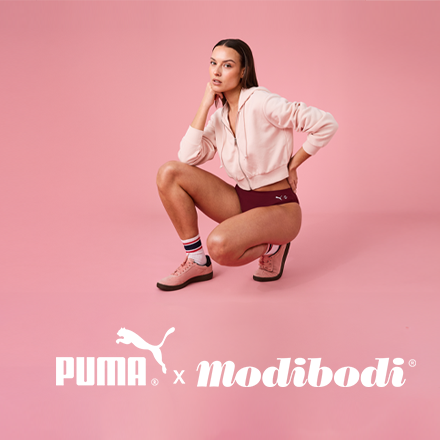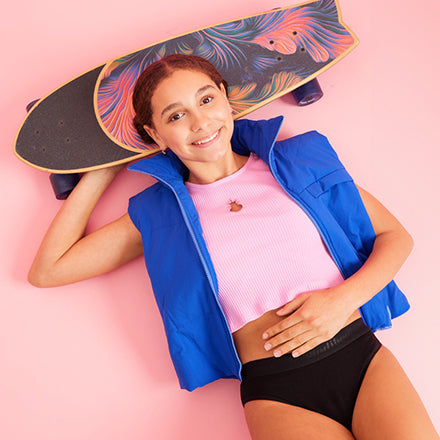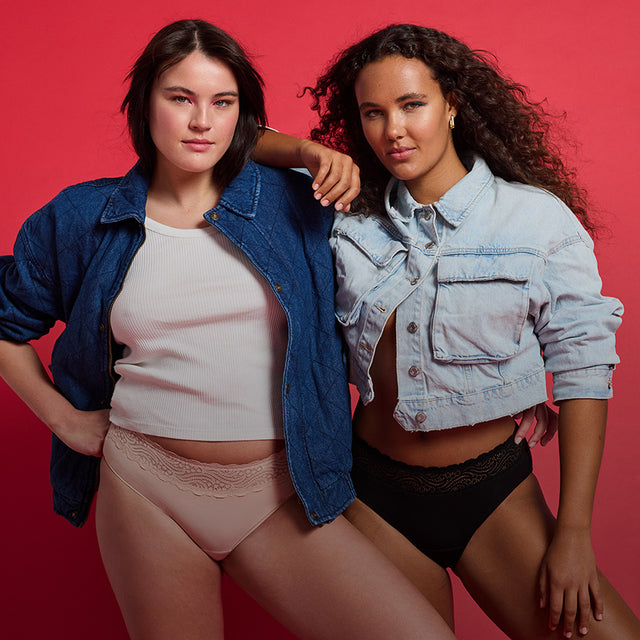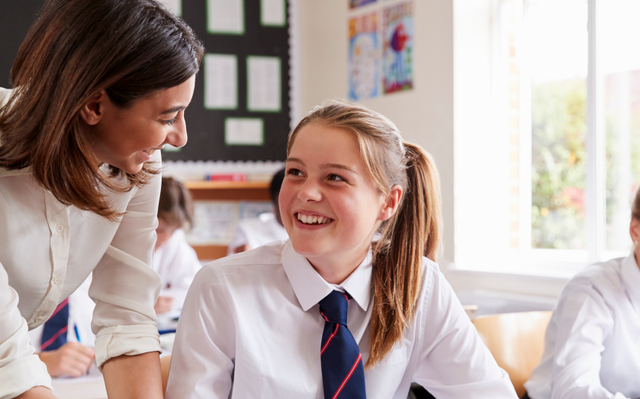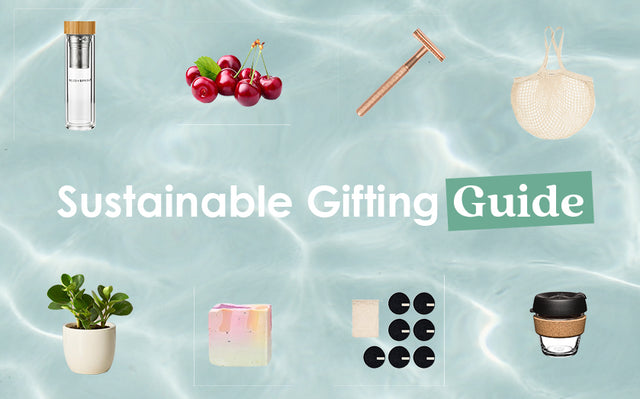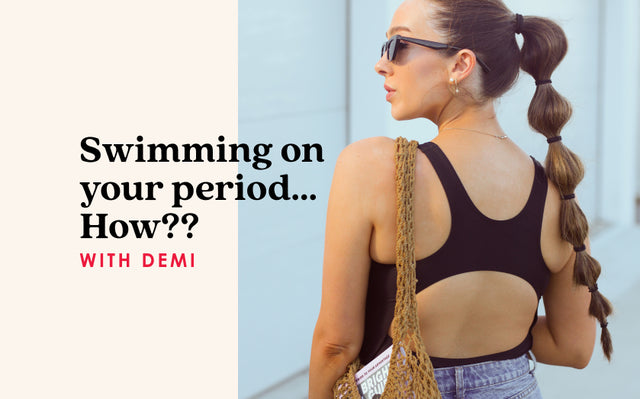We love working alongside inspiring activists that are challenging the system and creating change within their communities, and the world.
Lauren Ritchie is a 19-year-old climate activist, writer, podcast host, and third-year student from The Bahamas studying Sustainable Development and Political Science at Columbia University. She is the creator of The Eco Gal, a digital platform that educates on global climate justice, promotes intersectional climate action, and seeks to make sustainable living more accessible and inclusive by amplifying the voices of marginalised communities. She is also a writer and content strategist for Brown Girl Green, a Youth Ambassador for Plastic Pollution Coalition, an Ambassador for the Global Wildlife Conversation, and the co-host of the podcast Black Girl Blueprint, a platform to center the voices and celebrate the accomplishments of young Black women in a vast array of fields.
We managed to grab 5 minutes between her very busy schedule to ask her a few questions on her journey, get some sustainability tips and find out who and what inspires her.

Who/what inspired you to become environmentally focused?
Although the focus of my work lies within promoting global climate issues and social justice, the cause that resonates with me the most, and is honestly the reason why I am so passionate about these issues today, is protecting my island and my country at large. Grand Bahama Island has borne the brunt of climate impacts in the form of extreme natural disasters for the past four years and will continue to be susceptible to shifts in the climate for many years to come without the resources to appropriately adapt. The reason why I, and so many other environmentalists of colour, continue to expel our time and energy into a field that often feels like it wasn’t made for our voices and stories is that we are fighting for our communities and our loved ones. For many of us, the existential threat posed by the ongoing climate emergency is not simply a distant threat or a rumour of impending doom - it is already here.
Were you a sustainable family growing up?
Definitely in our own way! My family certainly would never consider going vegan or vegetarian as a means to live a more sustainable lifestyle, but I was taught from a very early age to not be wasteful (which I think was definitely helpful in framing my idea of a more minimalistic lifestyle!) I grew up re-using lots of Tupperware containers and plastic bags, as well as regularly visiting the natural environment! My dad especially always encouraged me to garden with him and he was very big on the idea of "living off the land." It was very inspiring and definitely has influenced how I view sustainability now.
What big/small changes have you made to be more sustainable in your life?
The biggest way that I incorporate sustainability into my everyday life is by being mindful of my consumption and waste production. Buying ethically, and being vegetarian are all great but they aren’t always accessible when I’m back home in The Bahamas. Because of this, I try to be sustainable by being extremely mindful of little things that some people may often overlook. I try to always make sure to switch lights and electronics off when I’m not in the room and turn off the shower when I’m shampooing my hair or the sink while I’m brushing my teeth! I definitely try to avoid being wasteful at all costs and I recommend these tips to anyone trying to practice sustainability on a budget or without access to sustainable zero-waste alternatives!
Has the environment always been a big part of your life?
Absolutely! The beach is my happy place and I have enjoyed spending time in nature for as long as I can remember. Even aside from time spent in the outdoors, geography was my favourite class in high school so I have always found pleasure in exploring and learning more about the natural environment within academia.
What tips can you give your community to help make changes in their daily lives?
The biggest misconception about sustainability is that you have to be perfect all of the time! If the thing that’s keeping you from starting your journey towards sustainable living is the fact that you feel like you won’t be able to commit entirely or that there are some things you aren’t ready to give up yet, that’s completely okay and valid! There is definitely a stereotype that the sustainability community is very judgmental, which to a certain extent can be very true, but I think doing your best and making any changes you can is good enough! I’m definitely a huge advocate for compromise and I always tell individuals who are getting started on living more sustainability to consider keeping the areas that they aren’t quite ready to give up yet and work on other areas of their life! Change is change and sustainability is all about helping the planet and people over perfection!
Would you consider working with brands that did not align with your sustainability values? Is this important to you?
Working with brands that align with my sustainability values is extremely important to me and I always ensure that I ask questions about sustainability plans in the meetings, especially about social justice and human sustainability as many "sustainable" brands tend to only focus on the environmental aspect of climate justice. That being said, I recognise that there are some brands that have been less sustainable in the past and are genuinely working towards trying to improve (the keyword is genuine because many brands are simply greenwashing). With that in mind, sometimes I won't turn them down right away and I will give them a chance to be transparent with their plans going forward and sometimes even work with them on a consultancy basis in order to ensure that they stay on the right path.


